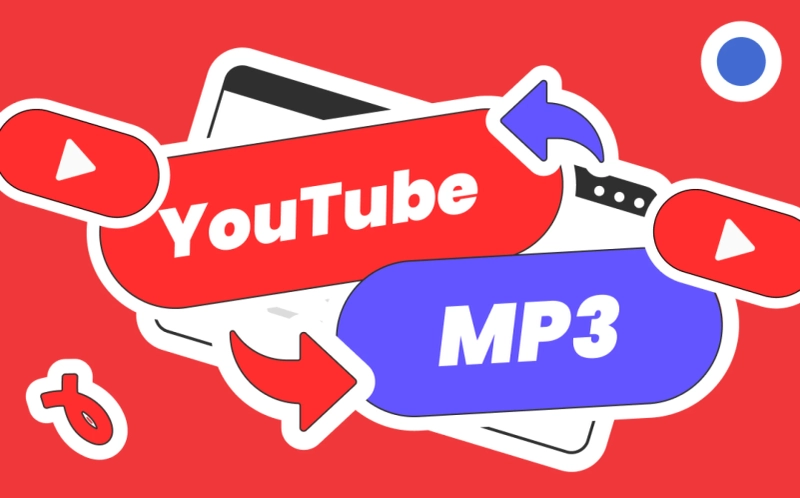In the digital realm where content consumption is rampant, YouTube stands as a giant repository of creativity, knowledge, and entertainment. However, the desire to enjoy content offline has led to the evolution of various tools and methods, notably the infamous 'YouTube to MP3' conversion. This process, while controversial, has spurred a transformative journey, sparking debates on copyright, technology, and user rights.
Initially, the concept of converting YouTube videos to MP3 format emerged as a means to enjoy music and content offline, bypassing the need for an internet connection. As users sought flexibility in accessing their favorite tunes, various online platforms and software surfaced, offering services to convert YouTube videos into downloadable MP3 files.
However, this seemingly simple act has been a subject of contention in the realm of copyright infringement. Content creators and copyright holders raised concerns about the unauthorized use of their material, citing the violation of intellectual property rights. The clash between the right to access content and protecting creators' rights has been a significant ethical dilemma in this context youtube to mp3.
Amidst these debates, legal battles, and copyright concerns, the landscape evolved. YouTube implemented measures to restrict or block access to such conversion services, citing violations of their terms of service. This led to the rise of more sophisticated methods and decentralized platforms, making it harder to regulate or control the conversion process.
Technology also played a pivotal role in this evolution. Developers and innovators delved into creating apps and software that not only converted videos to MP3 but also offered additional features, such as batch conversions, improved audio quality, and compatibility across multiple devices. These advancements widened the gap between regulation and user demand.
Furthermore, the narrative surrounding the 'YouTube to MP3' phenomenon isn't merely about bypassing copyright restrictions. For many, it became a means of accessibility. In regions with limited internet connectivity, downloading content for offline consumption became a necessity rather than a luxury. Educational content, speeches, and podcasts found their way into offline libraries through these methods, aiding learning and dissemination of knowledge.
As the landscape continues to evolve, recent developments indicate a shift in the paradigm. Streaming services, aware of user demands, began offering offline modes within their platforms, allowing subscribers to download content legally for a limited period. This step reflects an acknowledgment of consumer behavior and a compromise between access and copyright protection.
The 'YouTube to MP3' journey signifies the complex interplay between technological innovation, user behavior, legal frameworks, and ethical considerations. It's a testament to the dynamic nature of the digital era, where the quest for convenience, access, and content ownership constantly challenges established norms and regulations.
In conclusion, the trajectory of 'YouTube to MP3' conversion illustrates the intricate dance between technological advancements, user preferences, copyright issues, and ethical considerations. It's a journey that continues to shape how we consume and access digital content, leaving an indelible mark on the evolving landscape of online interactions and content consumption.



